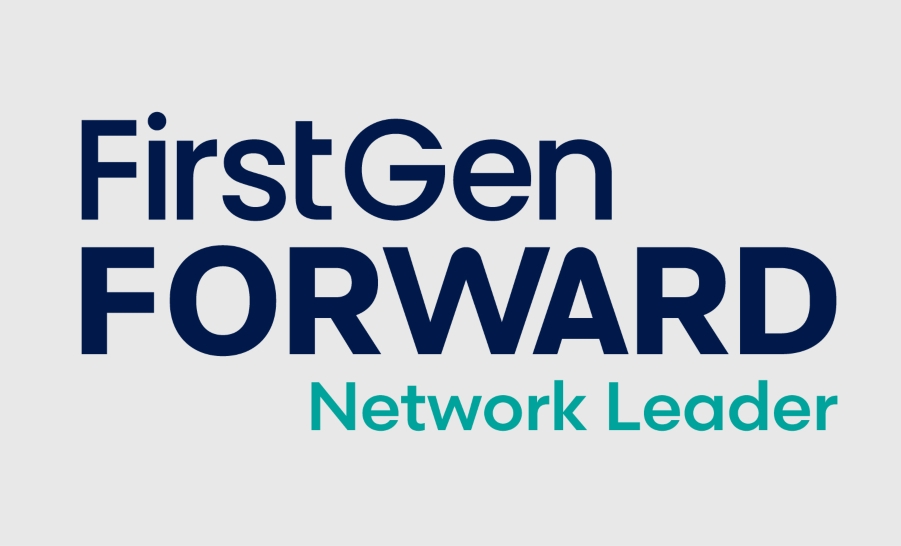#AdvocateFirstgen: Five Ways to Amplify Support for First-generation Students
FirstGen Forward / September 29, 2020

With the 2020 First-Generation College Celebration observed on Sunday, November 8 rapidly approaching, a variety of tactics are available to first-generation college students and their champions to elevate the need for ongoing support. The Advisory Board for the Center for First-generation Student Success recently issued a call to action to their colleagues in leadership as a reminder that investing in first-generation students remains crucial, despite realities of budget constraints. Building on our Advisory Board’s statement, we identified five ways to engage internal and external stakeholders in supporting first-generation students.
1. Engage Senior Leaders
Many senior academic leaders were first-generation students themselves, and as such, they may be receptive to invitations to participate in campus celebrations. Enlisting senior leaders in campus messaging to support first-generation students demonstrates these students are important and that programs to support their success are critical to overall campus success. Providing senior leaders with data outlining the success of first-generation student programming reinforces the need for keeping such services in the budget. Elevating the successes and challenges of first-generation students with leadership can focus leadership on ultimately including first-generation students' needs in fundraising or strategic goals for the institution.
2. Promote Awareness Among the Institution’s Governing Board
Governing boards typically set institutional policy and are responsible for oversight and spending. Many of their bylaws require transparency and accountability in institutional operations. While not a typical audience for information about first-generation students, many boards, especially for public universities, have policies in place to receive public comments. Engaging in a letter-writing campaign to highlight the importance of support for first-generation student programming may be an effective tactic for a first-generation student organization to undertake. Sharing students' stories, along with program-related success data, may be of interest to board members and may lead to institutions carving out time in board meeting schedules for presentations from staff and students about first-generation support services or the need for additional scholarship funds.
3. Connect with First-generation Alumni
Connecting first-generation students with first-generation alumni can yield benefits for both parties. First-generation students see living examples that they can succeed, namely, alumni who have graduated and are pursuing additional degrees or engaged in the workforce. Alumni may find a ready audience for advice they would like to share about the college experience, job searches, networking, or particular companies or career fields.
Until they hear current students’ stories, many alumni who graduated a number of years ago may not realize they were first-generation students themselves. By providing intentional opportunities for current first-generation students and alumni to engage, institutions can foster ongoing relationships which can translate into a stronger affinity for the institution. Connected alumni result in greater engagement in targeted programming and the potential for financial support.
4. Educate Government Relations Officers
Government relations staff members advocate on behalf of colleges and universities’ priorities with local, state, and federal officials. Typically, they interact with university leadership to understand the institution’s most pressing concerns (e.g. effects of local ordinances, state funding needs, policy implications of federal legislation) and meet with government officials to explain the college’ or universities’ positions.
Providing government affairs officers with information on first-generation students’ successes enables them to educate legislators or legislative aides on how specific legislation or proposed funding cuts can impact this segment of students at the institution.
5. Share Data and Stories with Development Officers
Today’s donors, whether they are individuals, foundations, or corporate funders, strive to ensure that their dollars yield concrete results. Development officers seek initiatives and programs with the potential to show how funding can be transformative.
Offering development officers data from first-generation initiatives and success stories enables them to craft messages that appeal to donors who seek a multiplier effect from the use of their funds, rather than simply filling a single need. Offering development officers data and success stories that demonstrate the impact of financial support on student outcomes helps to show how a potential gift can be a win-win for both parties.
Engaging the previously-noted stakeholder groups can reap benefits for first-generation students, including highlighting their success and their importance to the institution's retention and graduation numbers raising additional financial support, and creating greater engagement opportunities. Raising awareness among leadership, governing boards, and those with access to external resources can amplify the status of first-generation students and highlight the reasons for continued investment in their support.
What strategies have helped you to successfully champion first-generation students? Share your perspective on first-generation student advocacy and pertienent policy issues across social media with #AdvocateFirstgen.


